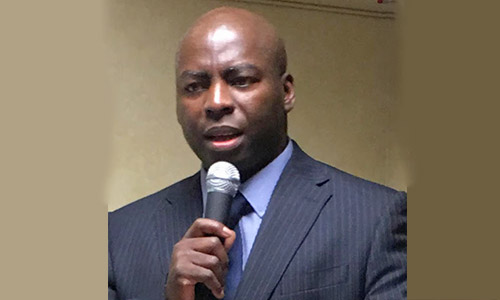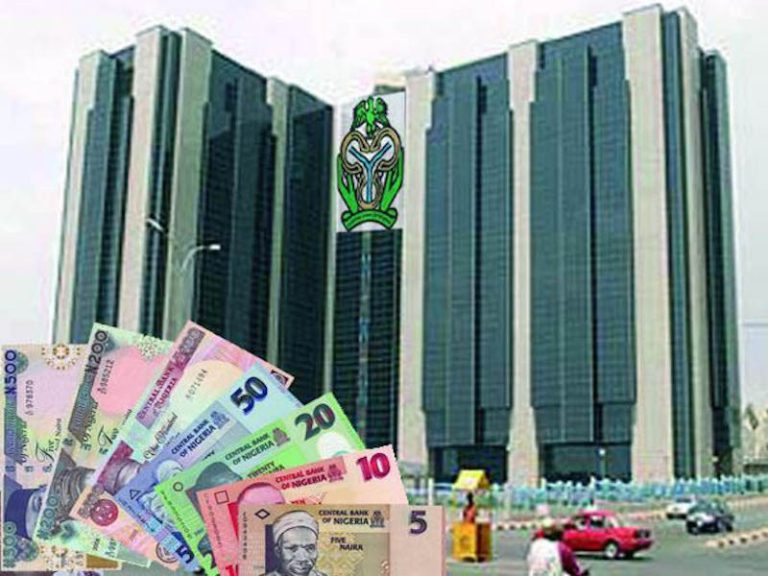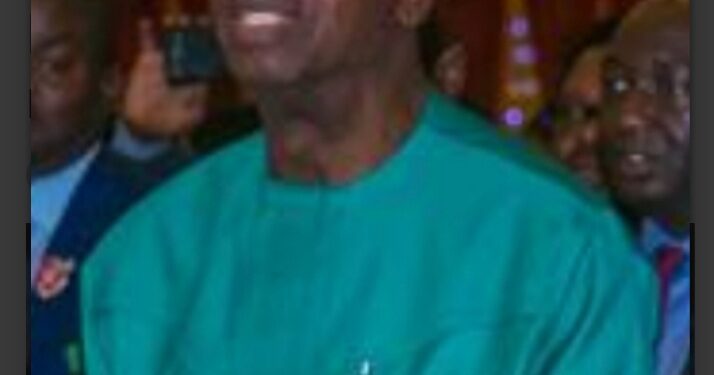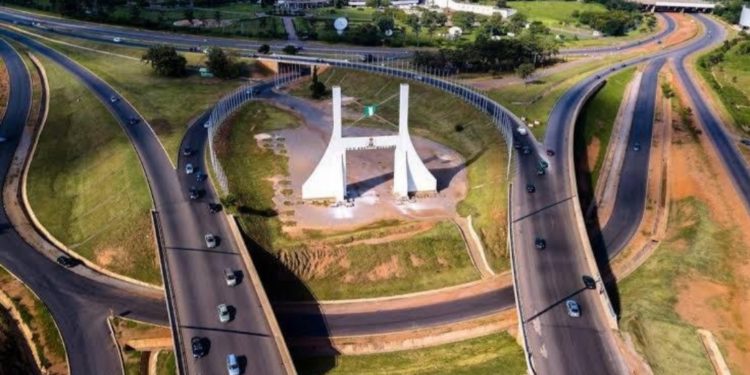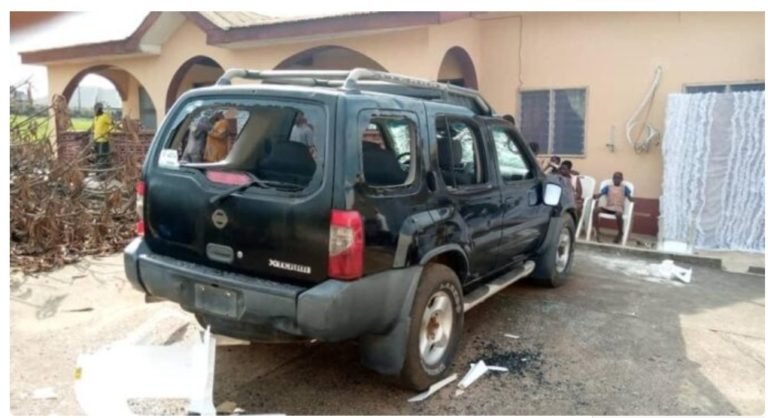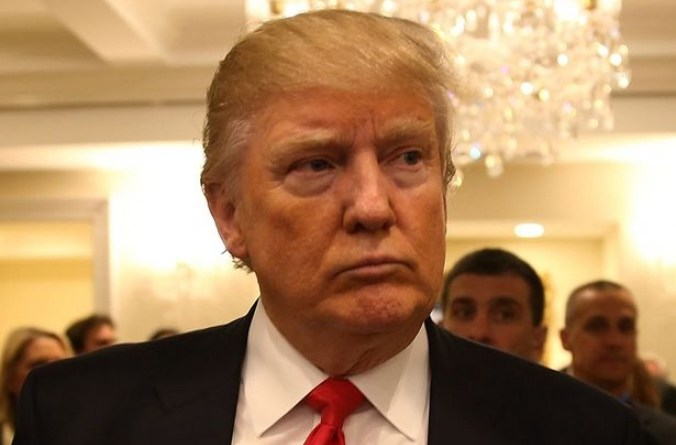By Raphael Christopher a Senior Lawyer and member of EnuguBar
In this article, let me state very clearly, I have not set out to prove the superiority of men or equality of men. I simply wish to present known historical facts and leave you to reach your own conclusions.
History clearly teaches us that women are capable of leadership. Are we listening to History our teacher and learning her lessons?
What does history teach us?
For a start, Queen Candace, recognised in the book of Acts in the Christian Holy Bible as the queen of the African empire of the Ethiopians shows that women are equally effective and capable ruler as men and indeed the Holy Qur’an in (Surah al-Naml 27:20-44) portrayed the Queen of Sheeba, Bilquis, as a wise, influential and real leader who ruled her people in a democratic way by making every decision after consulting with her ministers and advisors. We learn that Prophet Soloman (Sulaiman) was told about her power, kingdom and magnificent throne and invited her and she came as an equal to King Soloman!
Further, we have Queen Victoria was Queen of the United Kingdom and Ireland and Empress of India from 20th June 1837 and ruled these male dominated societies for over 63 years! The present Queen of The United Kingdom of England, Wales and Ireland and some commonwealth countries, Queen Elizabeth II ascended the throne on 6th February 1952 and has been ruling for these past 68 years and is the oldest longest reigning monarch.
There are other ladies who have served their various countries as leaders, Presidents, Prime Minister such as Yevgenia Bosch of Ukraine who served Ukraine as its leader from December 1917 to early march 1918; Golda Meir of Israel who served her country for 5 years, Margaret Thatcher who served as The Prime Minister of The United Kingdom for 11 years; Indira Ghandi of India who served as Prime Minister of India for 11 years. We also have Isabel Martinez de Peron of Argentina who served her country as President for 1 year. There is also Dame Eugenia Charles who served as Prime Minister of Dominica for 14 years. We have not forgotten Vigdís Finnbogadóttir who served as President of Norway for 16 years. There is also Benazir Bhutto of Pakistan who served as Prime Minister of her country Pakistan for a year. Khaleda Zia who served as Prime Minister of Bangladesh for 5 years. What about Sylivie King who served as Prime Minister and acting President of Burundi for nearly a year and even Mame Madior Boye who served as Prime Minister of Senegal for a year.
Currently, we have many women Presidents, Prime Ministers still in office. Such include, Chancellor Angela Merkel of Germany; President Ellen Johnson -Sirleaf of Liberia; President Cristina Fernandez de Kirchner of Argentina; President Catherine Samba-Panza of Central African Republic; President Park Guen-hye of South Korea and President Aminatu Toure of Senegal. The list goes on.
You can see from world history from the biblical ages right down to today, women have proven beyond doubt their ability to run for the highest office in the land and even more remarkable the longest reign record is held by a woman – Queen Elizabeth II of the United Kingdom!
In this context, are we depriving ourselves of the great leadership abilities God has deposited in women? Are we open to respect and nurture this great ability that women have? If our daughters, sisters, relatives express their dreams and desire to serve our country at the highest level, should we not, seeing the overwhelming evidence of great female leaders depicted above, be able to support them financially and otherwise to achieve their dreams which will result in the betterment of our country and society?
Coming closer home, we have very well qualified and able woman able to run for the highest post in our land. Let us take just the one example in Mrs Ngozi Okonkwo-Iweala the former minister of finance in our beloved country Nigeria, who has being nominated by over a hundred countries for the position of the head of the World Trade Organisation. This singular feat once again unequivocally demonstrates that women are equally talented and able to lead and may this singular achievement continue to spur our ladies and indeed our daughters, sisters, and relatives to dream big because as we have seen in the case of Mrs Okonjo-Iweala that dreams can, with hard work, will come to pass. Therefore it is proper to offer our congratulations to Mrs Okonjo-Iweala on her achievement and to all Nigerians including President Buhari for nominating her and mobilising support for her all through the exhaustive process and stay hopeful of a favourable outcome for her and for Nigeria.
If, over a hundred countries including very well developed countries to whose standards, we as a nation are striving to emulate, support a Nigerian woman for one of the highest positions in the world, could someone explain why we are not recognising the old adage, charity begins at home and start to treat woman equally and enable them to be comfortable to use their god-given talents, brilliance and intelligence to self actualise and benefit our dear country and society?
Our constitution is also very clear in requiring men and women be treated equally. Against this backdrop, you can now understand with this achievement of a Nigerian woman, Mrs Okomjo-Iweala, why some Nigerians are now posing the question why shouldn’t Mrs Okonjo-Iweala, in view of her clear abilities to lead and discharge her roles meritoriously, be put forward as a potential future first woman president of Nigeria?
What do you say?
Raphael Christopher is a Lawyer and member of EnuguBar and can be reached at [email protected]

